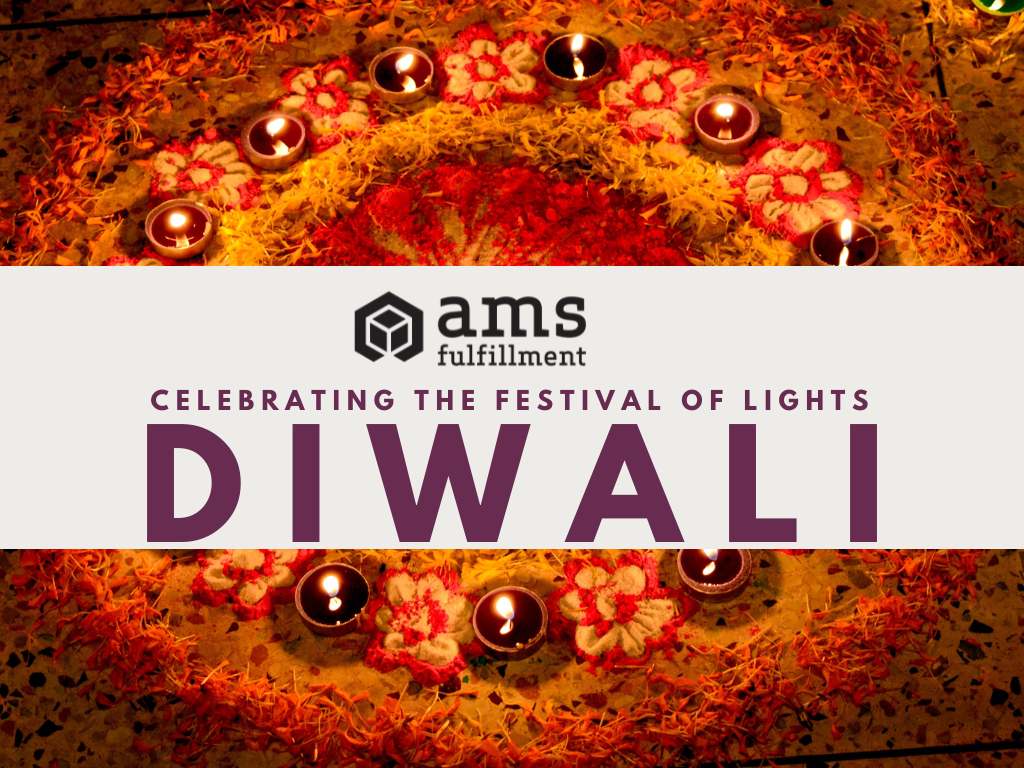 AMS Fulfillment is very appreciative of a diverse workforce and appreciative of the diversity in our world as well. In the past we have explored cultural celebrations to learn about and enjoy our beautiful human family with all of its beliefs, foods, and celebrations.
AMS Fulfillment is very appreciative of a diverse workforce and appreciative of the diversity in our world as well. In the past we have explored cultural celebrations to learn about and enjoy our beautiful human family with all of its beliefs, foods, and celebrations.
We will soon be enjoying Thanksgiving and Christmas, and we love these family-oriented holidays at AMS. But as we celebrate, we ask what are other Peoples, of differing cultures and religions in other countries, celebrating during this Fall to Wintertime period? Learning about each other is one of the best ways we know to ‘B The Change’ we want to see in the world.
On Sunday the 12th we saw the largest ever Diwali celebration at the White House. That inspired us to look at one of the most enjoyable festivals in our diverse world – the Hindu celebration called the Festival of Lights, Diwali or Deepavali. This writing is for those of us who are not familiar with the holiday, and the information is primarily from the India Times website.
Diwali is a five-day festival that usually falls in October or November, depending on the lunar calendar. It is celebrated from November 12th to November 16th this year. It is celebrated across America and hopefully more than a few of us have been able to see the Diwali fireworks display and enjoy some parts of these celebrations.
The Festival of Lights is celebrated not only by people of the Hindu religion, but also by Jains, Sikhs, and Buddhists. It is focused primarily on a Goddess named Lakshimi, who represents prosperity and wealth. When people celebrate, it is Lakshimi’s blessing that is sought. The Festival of Lights is for Her – the giver of prosperity.
What happens on the Five Days?
The first day of Diwali is called Dhanteras. The Lord Dhanvantari is worshipped on this day, and he is the god of medicine and health. This first day is an auspicious day to buy gold and silver, items of jewelry or perhaps table utensils.
Choti Dawali is the name of the second day, and it is also known as Kali Chaudas. On this day people take an early morning bath and light oil lamps, called diyas, and candles to ward off evil spirits. They spend the day cleaning the house. Old and unwanted things in the house are sorted out and gotten rid of. This day there are both a god and a goddess worshipped – Goddess Kali and Lord Hanuman.
The third day, November 14th is called Diwali, and it is the main event of the festival. This is the day that the Goddess Lakshimi is worshipped, as we say, the goddess of wealth and prosperity. The people wear new clothes on Diwali and the households and businesses will be illuminated with oil lamps and candles.
The fourth day of Diwali is named Govardhan Puja and it is also known as Annakut. This is the day when the Lord Krishna is worshipped. The celebrants make generous amounts of food, vegetables and different grains, and the food is an offering to Lord Krishna.
The final day of Diwali is called Bhai Dooj. It is dedicated to the bond between sisters and brothers. In the households, the sisters apply the vermillion mark, called tilak, on their brother’s forehead and they pray for his wellbeing. In return, the brothers give their sisters gifts.
Quoting from the India Times, a bit of the history of Diwali:
“The origins of Diwali can be traced back to ancient Hindu mythology. According to legend, Lord Rama, the seventh incarnation of Lord Vishnu, returned to his kingdom of Ayodhya after defeating the demon king Ravana. The people of Ayodhya welcomed Lord Rama by lighting diyas (earthen lamps) and decorating their houses with rangolis (colored patterns). This event is believed to have occurred on the day of Amavasya (new moon day) in the Hindu month of Kartik, which is why Diwali is celebrated during this time.
“Deepavali: This term is commonly used in South India and in some Southeast Asian countries with a significant Indian population. ‘Deepavali’ is the original Sanskrit name of the festival, where ‘Deepa’ means ‘lamp’ or ‘light,’ and ‘Avali’ means ‘a row’ or ‘a series’. It refers to the rows of lamps and lights that are lit during the festival to symbolize the victory of light over darkness and good over evil.”
Victory of Light over Darkness
We hope that all celebrants enjoy this wonderful festival celebrating the victory of light over darkness, good over evil, and knowledge over ignorance. Like Thanksgiving and Christmas, this celebration has many rich traditions and cultural practices. Once again from the Times we list some key aspects of Diwali tradition and culture:
– The lighting of Lamps and Fireworks
– Puja (Prayers) and Worship
– Exchange of Gifts and Sweets
– Traditional Attire
– Family Gatherings and Festive Feasts
– Diwali Fairs and Cultural Performances
– Charity and Philanthropy
The lights of the Festival of Lights represent our own inner light, protecting us from spiritual darkness. It is a wonderful time for families and friends to come together to exchange gifts and share delicious sweets and delicacies.
This [LINK] is a brief and enjoyable video about Diwali.
To all celebrants, have a wonderful Festival of Lights!

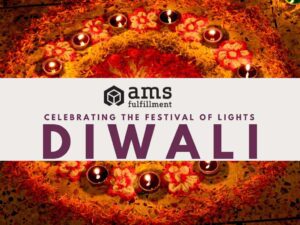

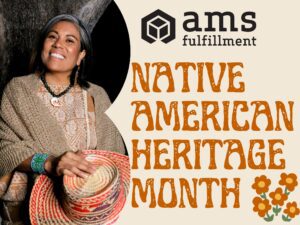








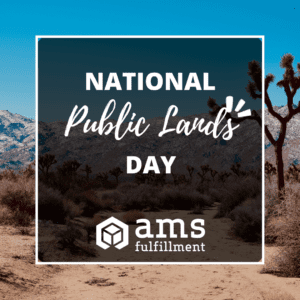

 Veterans Day is here and all of us at AMS would like to salute and thank the US military veterans among us. Our salute goes out to all AMS employees who have served in the US Army, Marine Corps, Navy, Air Force, Space Force, Coast Guard and the reserve units of the Army National Guard and the Air National Guard. We thank you for putting your life on the line to support US interests abroad and keep us safe and protected at home.
Veterans Day is here and all of us at AMS would like to salute and thank the US military veterans among us. Our salute goes out to all AMS employees who have served in the US Army, Marine Corps, Navy, Air Force, Space Force, Coast Guard and the reserve units of the Army National Guard and the Air National Guard. We thank you for putting your life on the line to support US interests abroad and keep us safe and protected at home.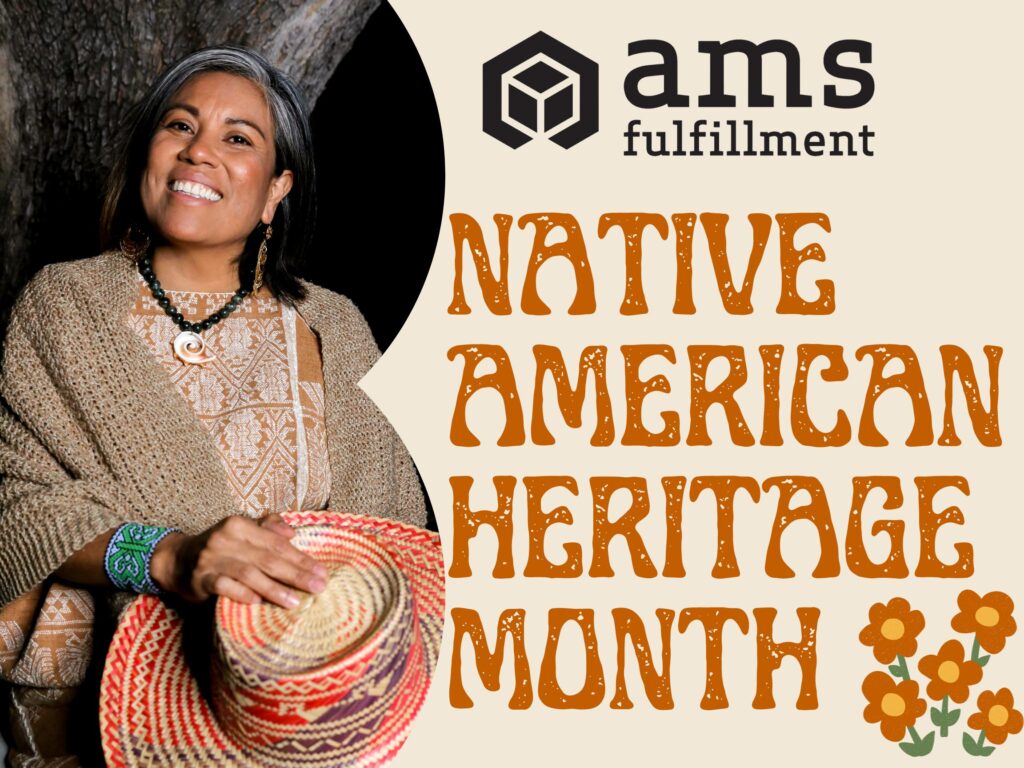
 The month of November is recognized as Native American Heritage Month. What can we learn, and what can we do this month to acknowledge the history and ‘B the Change’? What change would we like to see in the world with regard to the Native Peoples who populated the Americas? We live in a continuously changing world, as continuously evolving human beings. Many efforts are being made to recognize the wrongs of the past and we deeply appreciate those efforts and join in them.
The month of November is recognized as Native American Heritage Month. What can we learn, and what can we do this month to acknowledge the history and ‘B the Change’? What change would we like to see in the world with regard to the Native Peoples who populated the Americas? We live in a continuously changing world, as continuously evolving human beings. Many efforts are being made to recognize the wrongs of the past and we deeply appreciate those efforts and join in them.
 We all know that Halloween is for decorations and costumes and candy and fun with kids!! (Sometimes adult kids!) When we look into the history, asking where did this come from, the story goes back to the Celts and their response to the end of summer and the beginning of winter, which for the Northern climates promised some hardship and death. Let’s take a look at what they did.
We all know that Halloween is for decorations and costumes and candy and fun with kids!! (Sometimes adult kids!) When we look into the history, asking where did this come from, the story goes back to the Celts and their response to the end of summer and the beginning of winter, which for the Northern climates promised some hardship and death. Let’s take a look at what they did.
 AMS is celebrating – it looks like we won!! We won the battle of plastic film recycling! Cheers to 20 bales!
AMS is celebrating – it looks like we won!! We won the battle of plastic film recycling! Cheers to 20 bales!
 Thank you for your exemplary performance during the month of September: Mariana M., George R., Magdalena P., Kirk W., Kristen P., Lee B., Crestine P., Steve C., and Comfort S.
Thank you for your exemplary performance during the month of September: Mariana M., George R., Magdalena P., Kirk W., Kristen P., Lee B., Crestine P., Steve C., and Comfort S.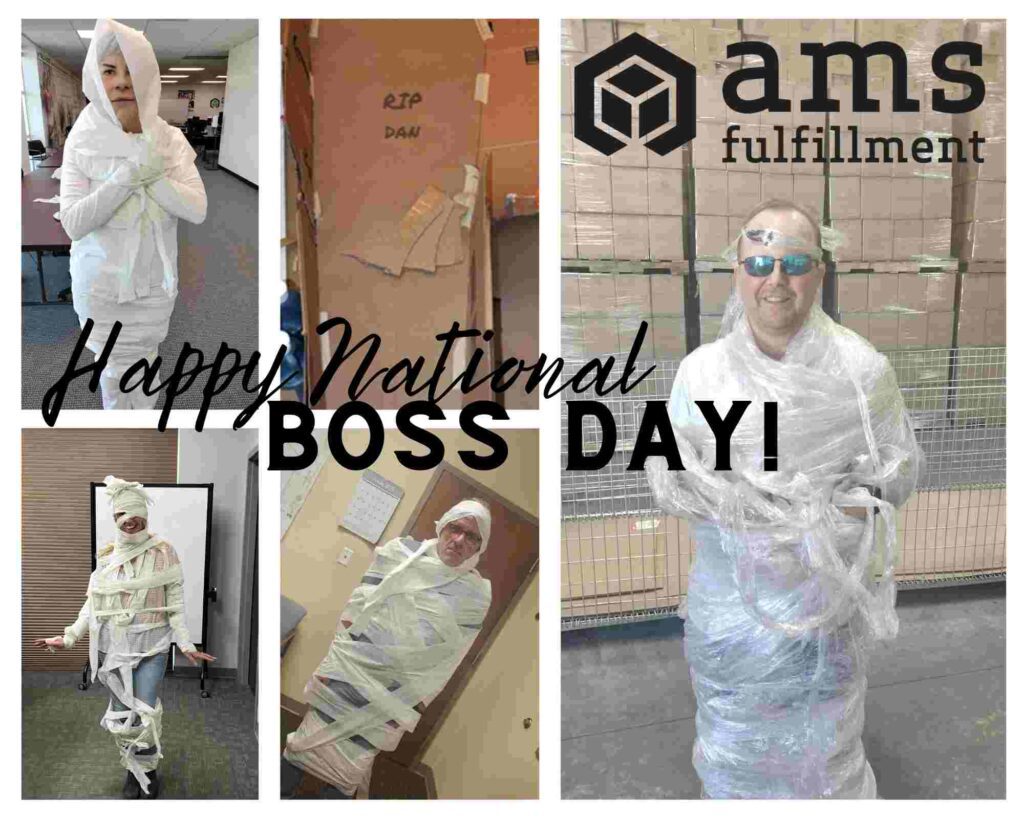


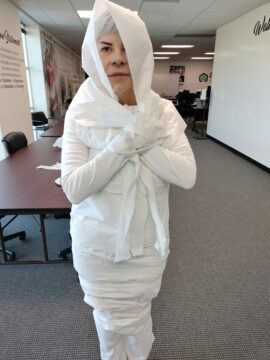



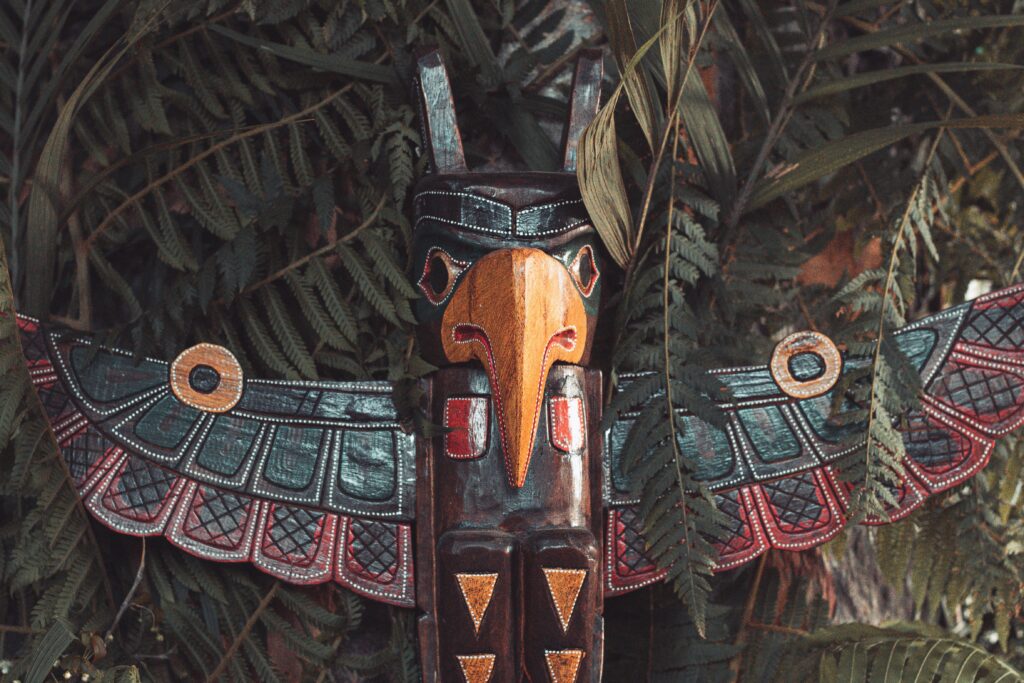
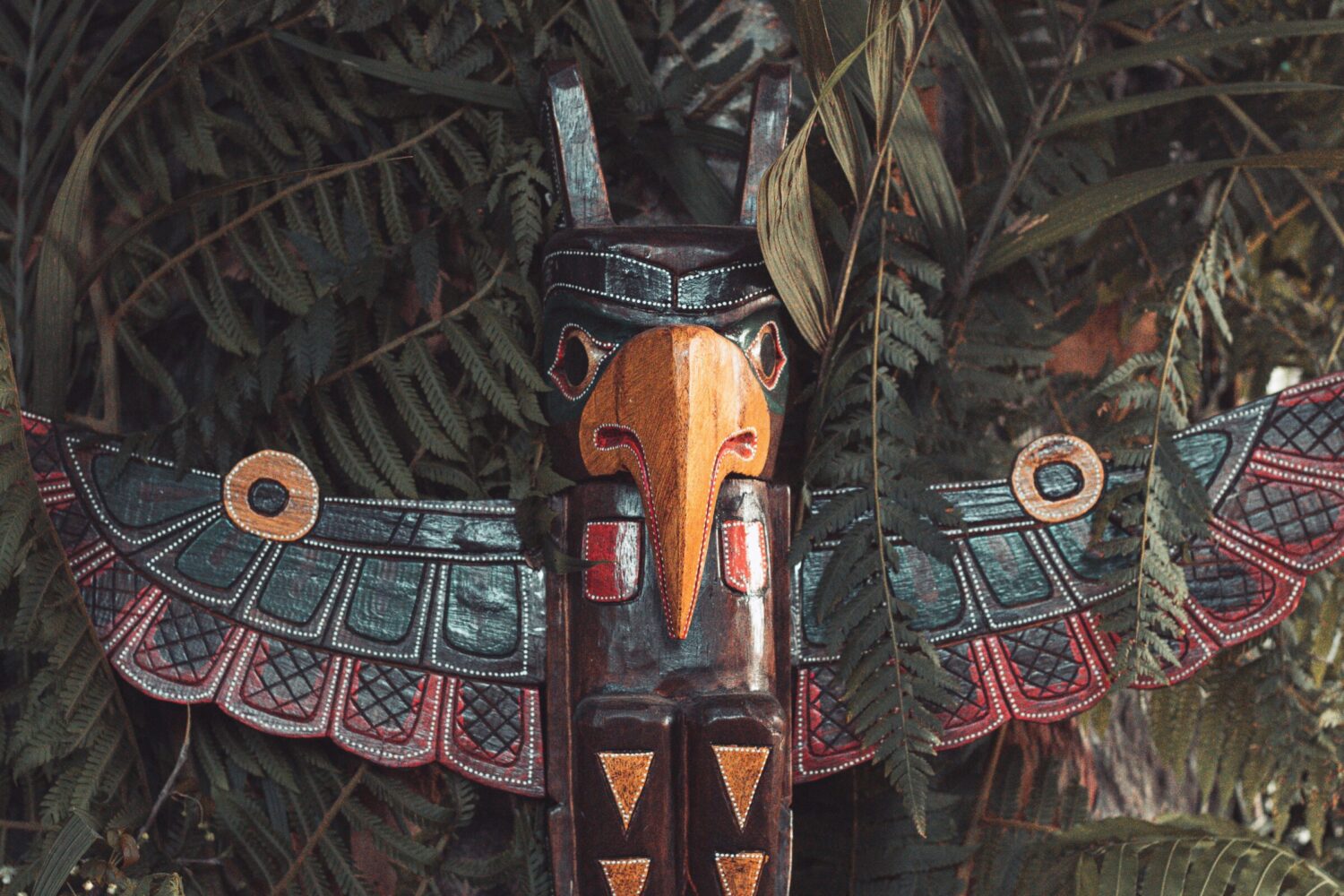 There are two holidays being celebrated on October 9th that demonstrate how cultures can change in response to information and awareness. As a B Corporation, AMS Fulfillment is at the forefront of cultural change as we seek to be the change we wish to see in the world.
There are two holidays being celebrated on October 9th that demonstrate how cultures can change in response to information and awareness. As a B Corporation, AMS Fulfillment is at the forefront of cultural change as we seek to be the change we wish to see in the world. 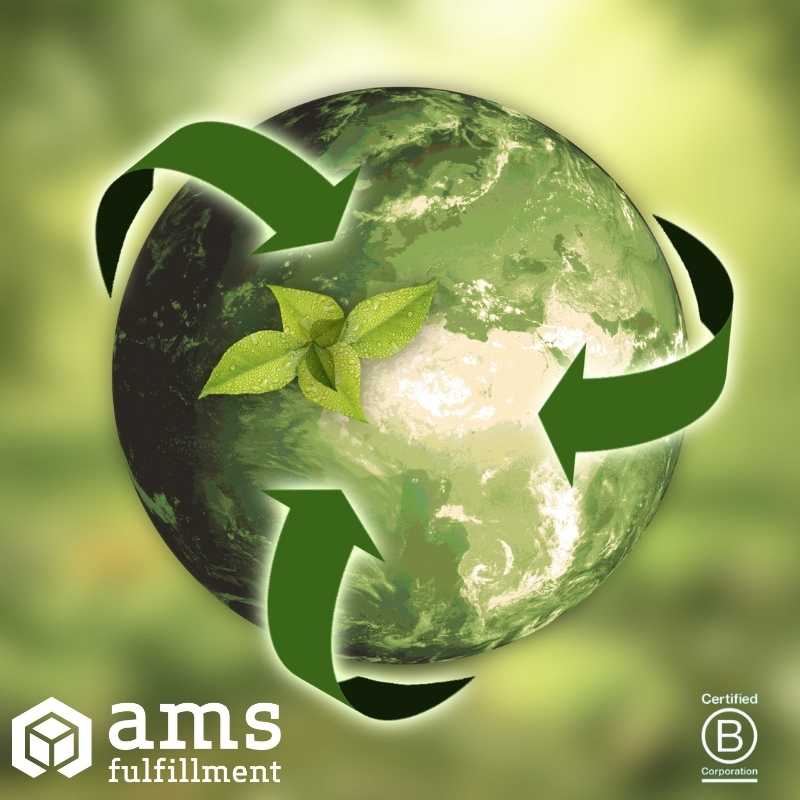
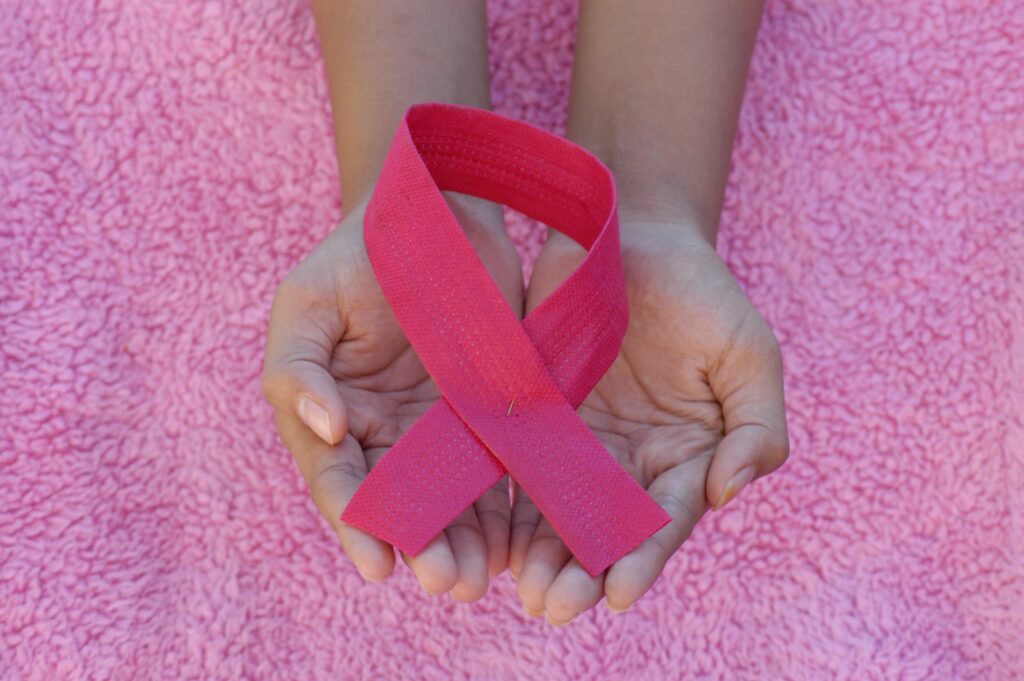
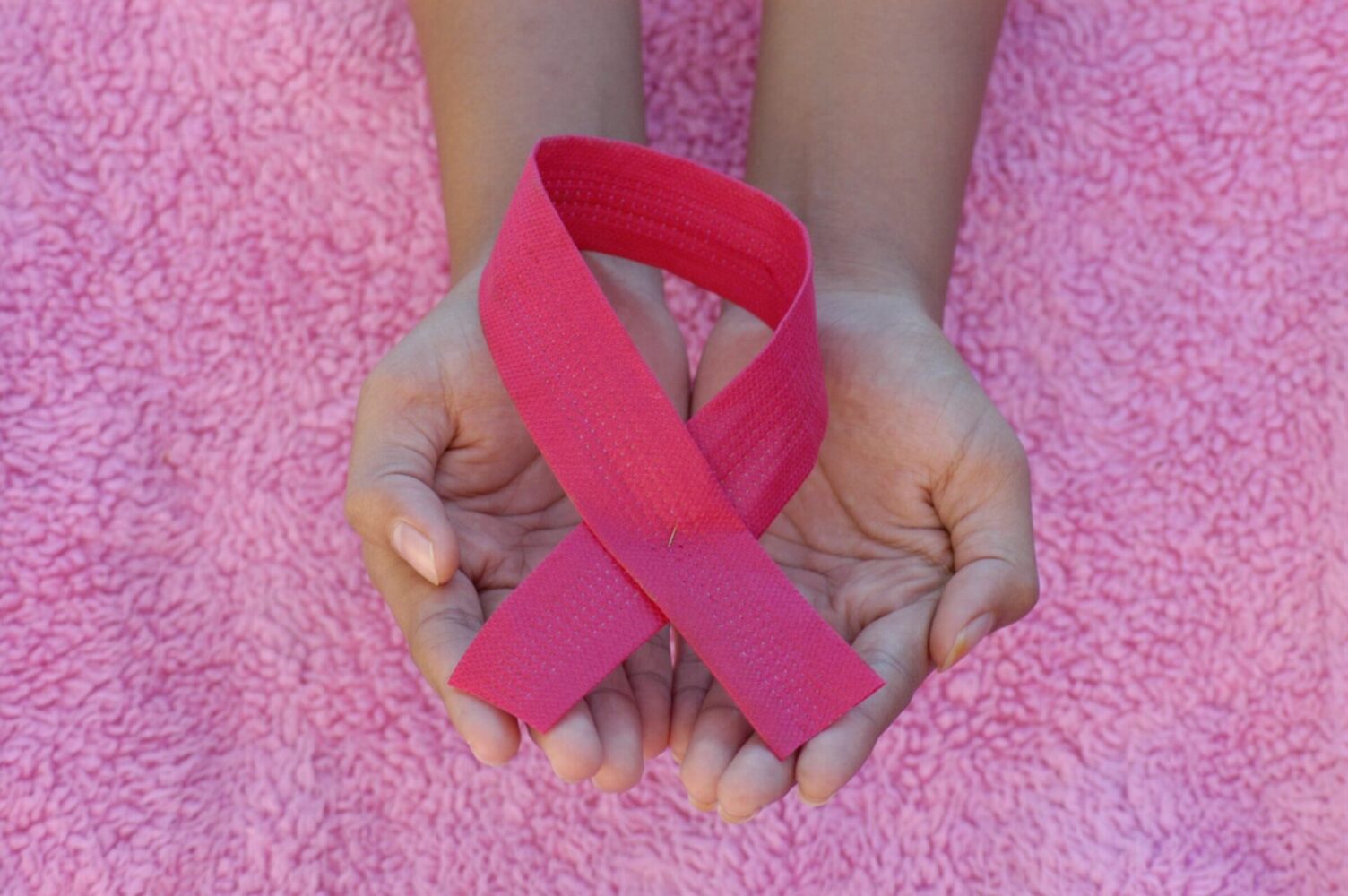 Many of us at AMS have experience with breast cancer, either having survived it ourselves or we have a family member, friend or co-worker who is engaged in treatment or is a breast cancer survivor. Also, some of us have lost loved ones to this disease and we take the conversation seriously when Breast Cancer Awareness Month comes along.
Many of us at AMS have experience with breast cancer, either having survived it ourselves or we have a family member, friend or co-worker who is engaged in treatment or is a breast cancer survivor. Also, some of us have lost loved ones to this disease and we take the conversation seriously when Breast Cancer Awareness Month comes along.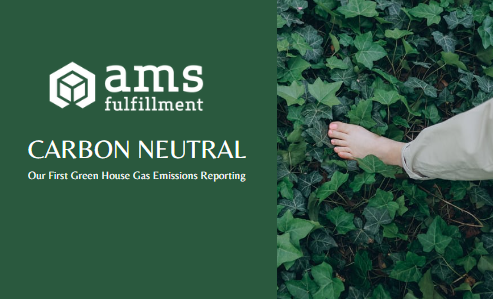
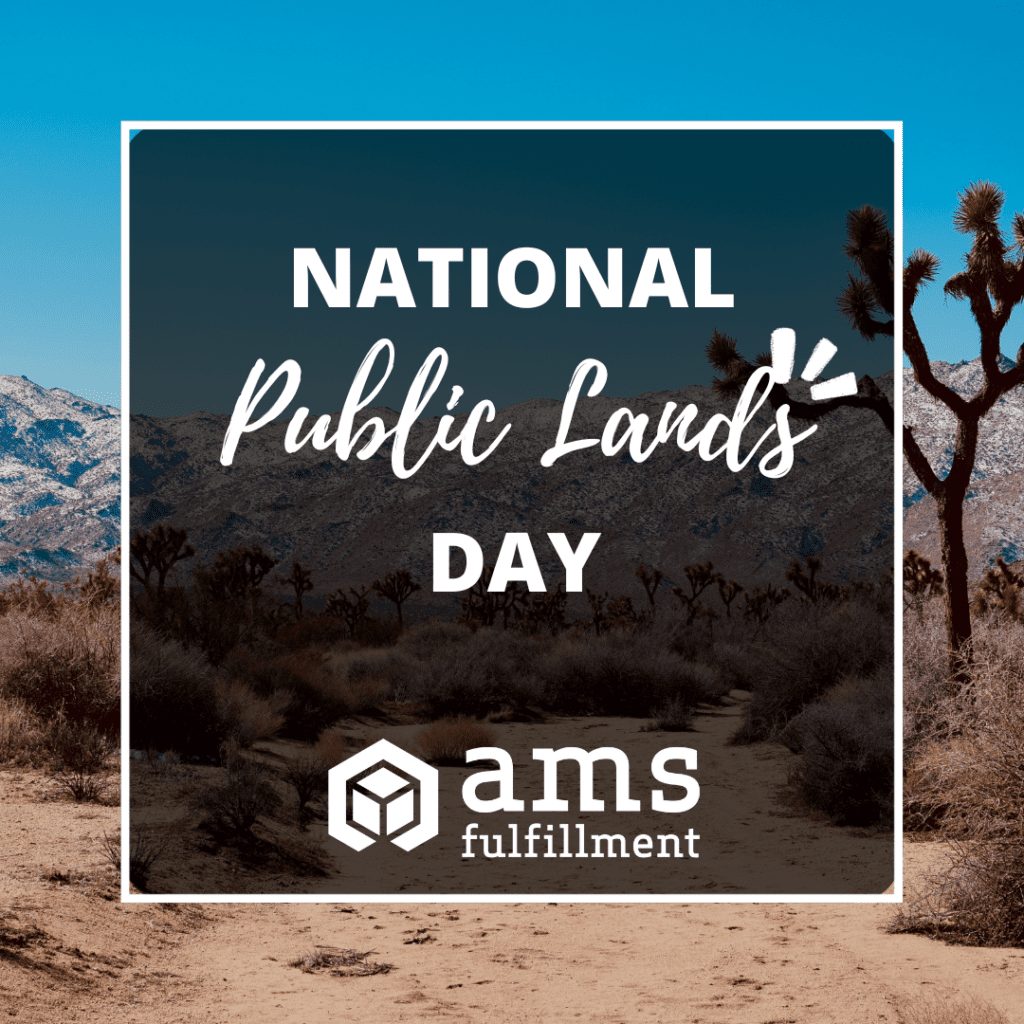
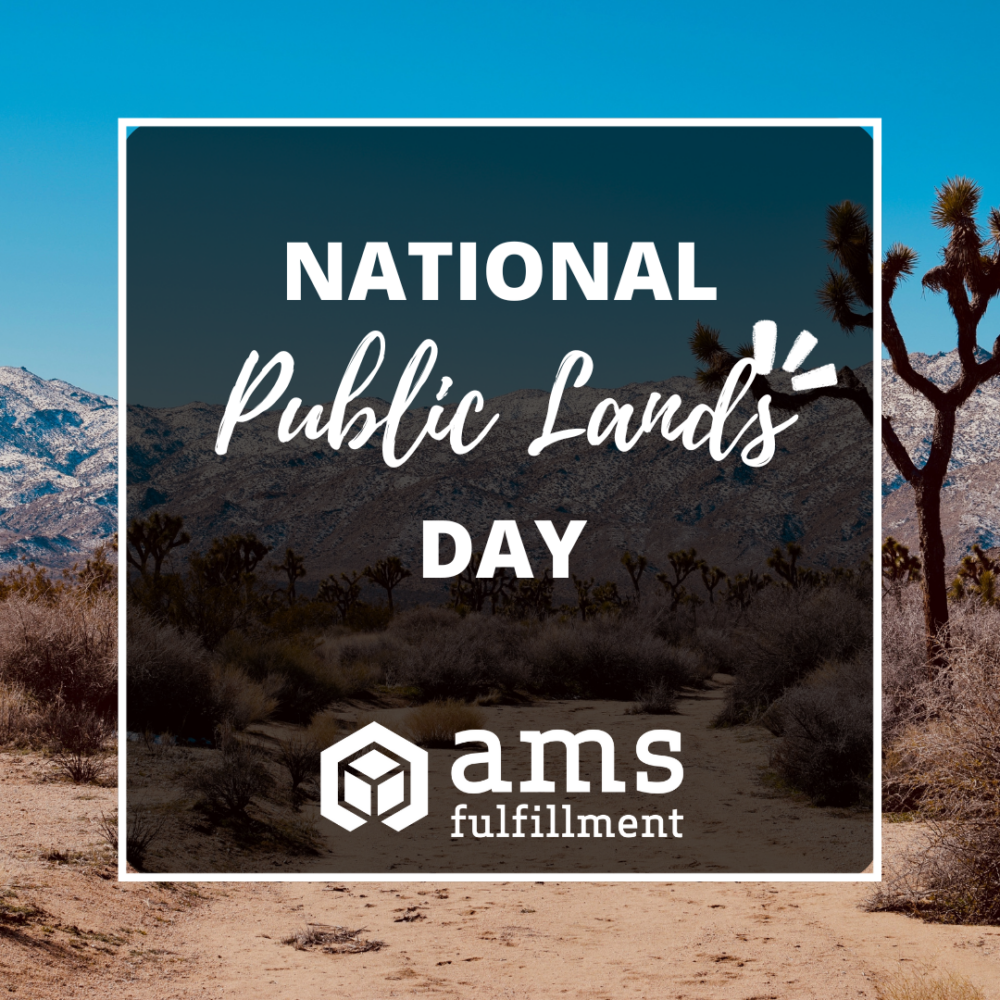 We’re entering another one of the beautiful seasons of our Mother Earth. What better thing to do this Saturday than visit a National Park near you!! It’s free to visit a National Park on September 23, as it’s National Public Lands Day. Take your camera, take the kids and go see something beautiful. You can search for a National Park near you at this link.
We’re entering another one of the beautiful seasons of our Mother Earth. What better thing to do this Saturday than visit a National Park near you!! It’s free to visit a National Park on September 23, as it’s National Public Lands Day. Take your camera, take the kids and go see something beautiful. You can search for a National Park near you at this link.